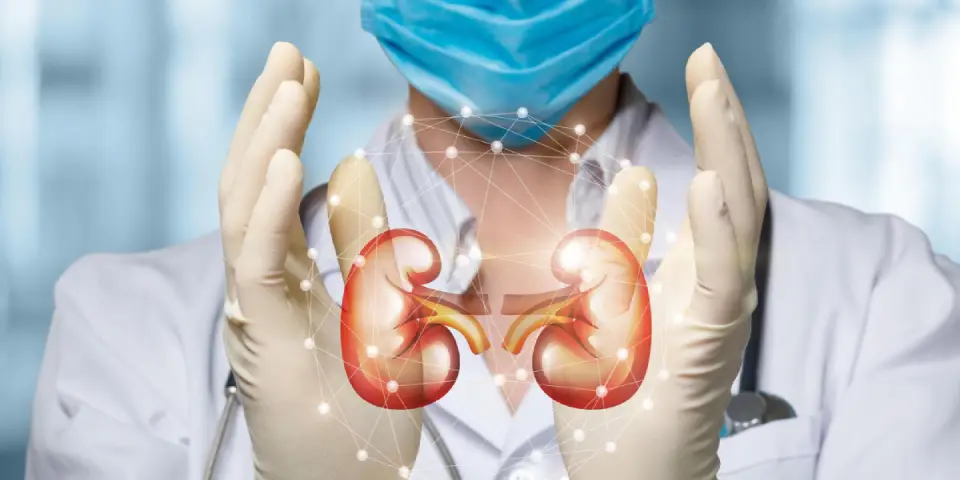Do you know what questions to ask before starting kidney cancer treatment?
Are you aware that the right questions can help you make safer and better choices?
Many patients feel nervous when told they need surgery, but clear communication with the doctor can reduce fear and confusion. According to Dr. Manoj Dongare, the Best Kidney Cancer Doctor in Pune, being informed before treatment improves confidence and recovery.
Understanding Kidney Cancer Treatment Options:
Kidney cancer treatment is not the same for everyone. It depends on the size of the tumour, whether it has spread, and your overall health. Options may include surgery, targeted therapy, or a combination. That’s why you should ask your kidney cancer surgeon in Pune the right questions before making any decision.
Question 1: Do I really need to have surgery?
Surgery is often the main treatment for kidney cancer, but not always. In some cases, small tumours can be monitored or treated with other methods. Asking this question helps you know if surgery is truly necessary for you.
Question 2: Can you just remove the cancer rather than my whole kidney?
There are two main types of kidney cancer surgery – partial nephrectomy (removing only the tumour) and radical nephrectomy (removing the whole kidney). A kidney cancer specialist will suggest the best option depending on the tumour size, location, and health of your kidney.
Question 3: What Are My Chances of Recovery and Recurrence?
Every patient wants to know about survival and recovery. Your surgeon can explain the stage of your cancer, expected results, and chances of the cancer coming back. This helps in planning regular follow-ups and lifestyle changes after treatment.
Question 4: Do I Need Additional Treatments After Surgery?
In some cases, surgery alone may not be enough. Depending on test results, your doctor may suggest targeted therapy, immunotherapy, or other treatments. Asking this question ensures you are ready for the full treatment journey.
Question 5: How Will This Treatment Affect My Daily Life?
It’s natural to worry about how treatment will affect work, family, and daily routine. Recovery time, dietary changes, and physical activity will vary. A skilled cancer specialist like Dr. Manoj Dongare will guide you on what to expect and how to return to normal life safely.
Conclusion:
A cancer diagnosis can feel overwhelming, but asking the right questions makes the journey easier. Remember to discuss surgery type, recovery, and long-term care with your kidney cancer surgeon in Pune. With the guidance of Dr. Manoj Dongare, one of the most trusted kidney cancer specialists in Pune, patients receive advanced care, compassionate support, and the confidence to fight cancer with strength.

